



During Covid-19 sadly 43% of businesses, especially traditional businesses closed down. Lockdown showed us all how important e-commerce can be for small businesses, to help reach new customers and boost sales.
I assume since you clicked on this blog you’re looking to start an e-commerce business and let me tell you, this is a perfect time, and here’s why. In the United Kingdom, revenue in the e-commerce market is projected to reach £80,678 million in 2021 according to Statista, placing it ahead of Germany and behind Japan, it’s that insane? Even better revenue is expected to show an annual growth rate (CAGR 2021-2025) of 3.5%, resulting in a projected market volume of £92,464 million by 2025. There were 6.0 million SMEs in the UK in 2020, which was over 99% of all businesses and I can keep going with many more reasons but I really don’t need to, do I?
Choosing an e-commerce platform is not easy considering the cascade of things required to run an online store. Keep on reading to find the best platforms to build a sleek online store to help you build your own e-commerce empire.
Essentially, you need:
For this list, we include the most affordable e-commerce solutions for small businesses, with features such as SEO, marketing tools, easy-to-use, sales features, and great overall functionalities.
Top picks for the best e-commerce platform UK:
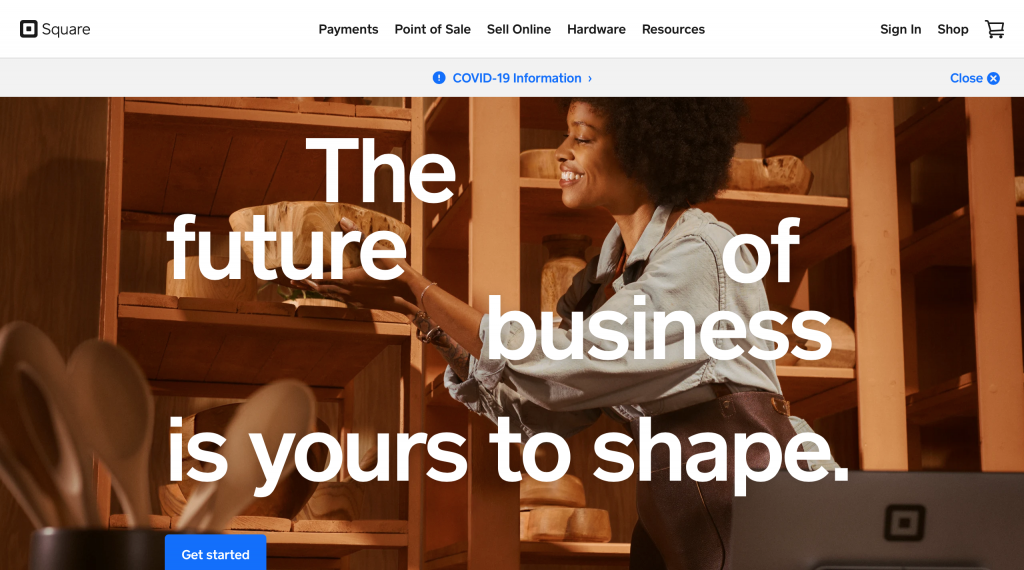

Pros
Cons


Pros
Cons
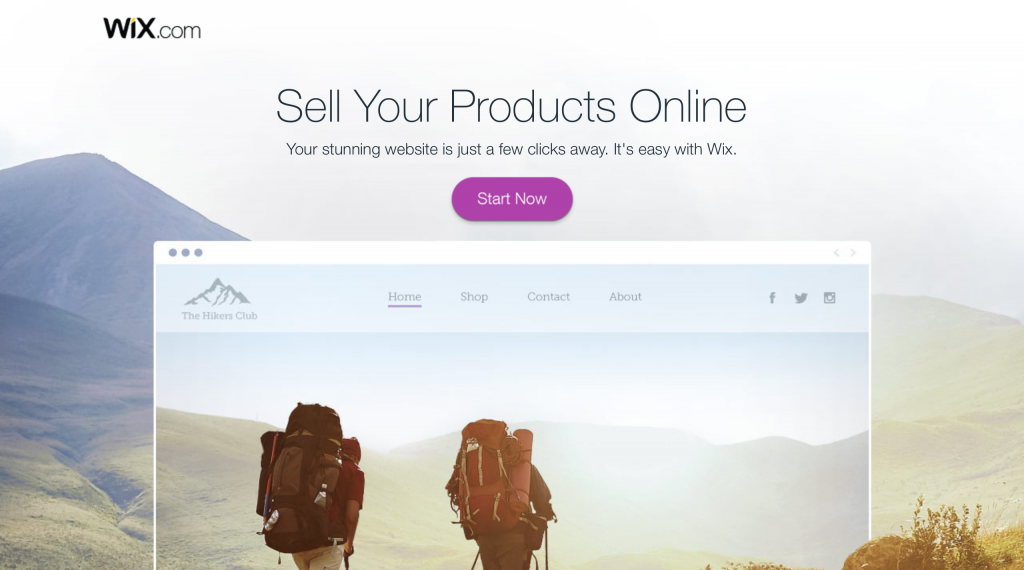

Pros
Cons
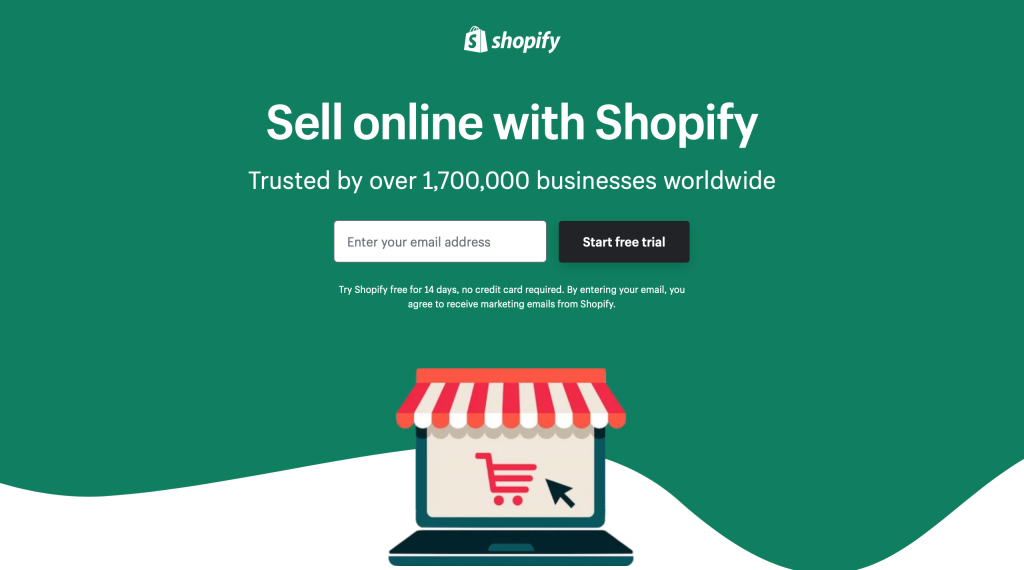

Pros
Cons
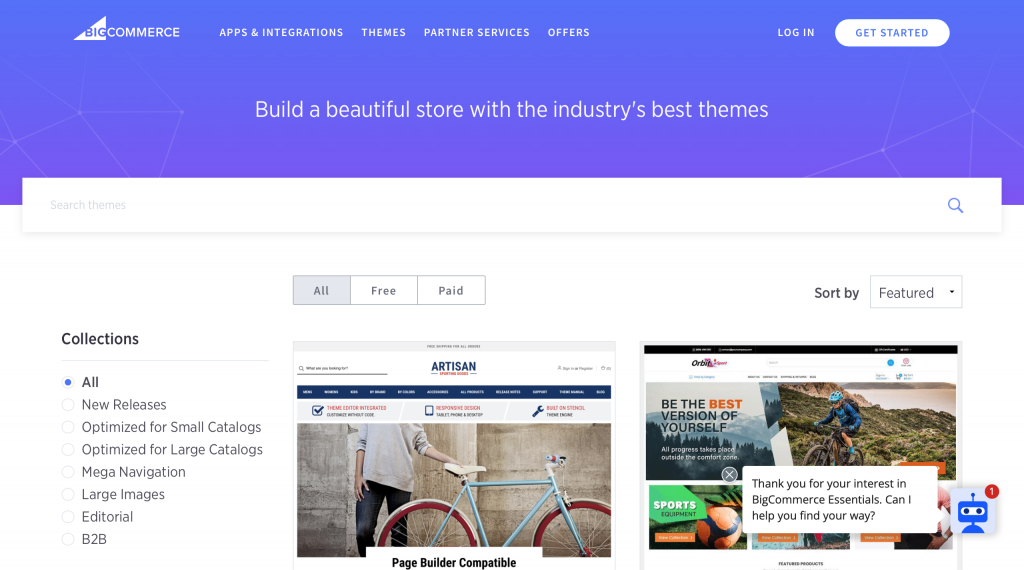

Pros
Cons
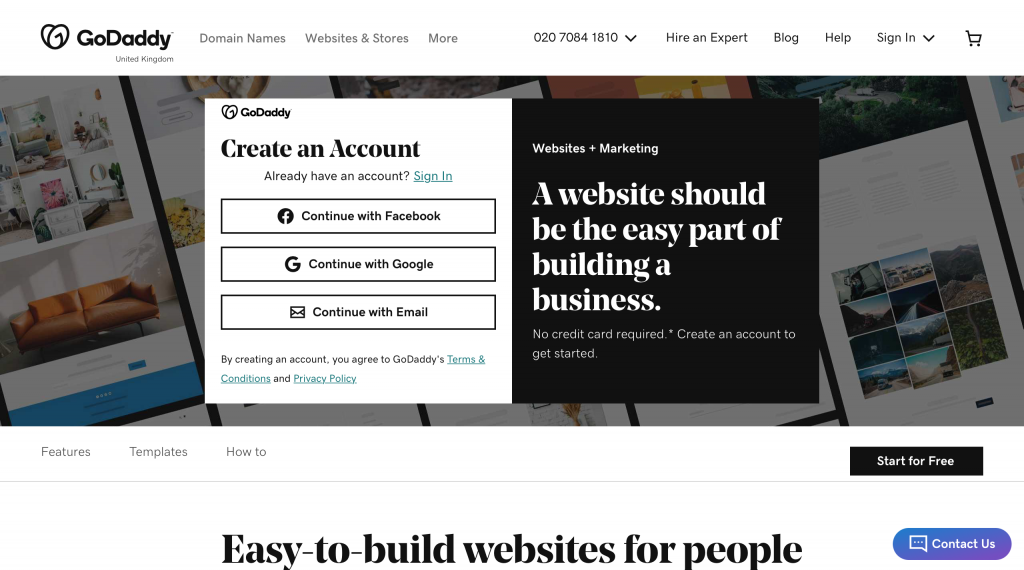

Pros
Cons
In conclusion, nowadays there are many great e-commerce platforms and we’ve ranked the top best ones out there. However, it is your job to choose which platform will benefit your business the most. You must consider your budget, the scale of your business, business purpose and other factors involved.
B&F Services offers marketing, financial and business services to corporate customers, small businesses and individuals. Contact our team to arrange a free consultation with the business expert.
Copyright © 2022 B&F Services Ltd. All rights reserved.

